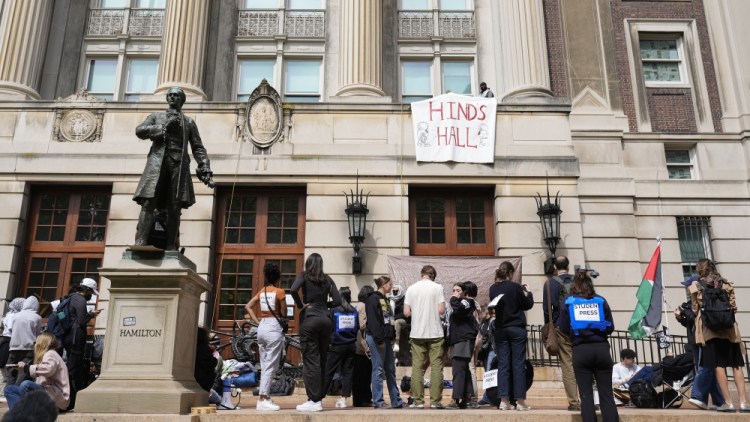
Student protesters camp near the entrance to Hamilton Hall on the campus of Columbia University, Tuesday, April 30, 2024, in New York. Early Tuesday, dozens of protesters took over Hamilton Hall, locking arms and carrying furniture and metal barricades to the building. Columbia responded by restricting access to campus. AP Photo/Mary Altaffer, Pool
Maine colleges and universities are preparing to graduate thousands of students in the coming weeks at the same time protests over Israel’s war in Gaza have disrupted commencements and other campus activities around the country.
School officials in Maine said they can’t share specific public safety planning details, but there’s no indication they expect problems at upcoming commencement ceremonies.
Students on Maine campuses have taken stands against the war, including by holding protests and calling on their schools to divest from defense funds. Events and efforts to speak out are ongoing and generating some tensions with administrators over the role of the institutions in calling for peace.
Around the country, college campuses have been upended the last few weeks by protests.
Police arrested nearly 300 people on two college campuses in New York City Tuesday — Columbia University and the City College of New York — though many of them were not affiliated with the schools, CNN reported.
The University of Southern California has cancelled its main graduation ceremony due to protests, and other campuses are implementing additional security measures in anticipation of potential disruptions.
UMAINE PREPARED WITH SECURITY
The current war in Gaza began Oct. 7, when Hamas militants crossed the border from Gaza into Israel and killed about 1,200 people and took roughly 250 hostages in a surprise attack. Israel launched a counter offensive that has killed more than 34,000 Palestinians in the Gaza Strip, according to the Health Ministry there.
Protests against Israel’s offensive have intensified on college campuses in recent weeks. Maine campuses haven’t experienced the same level of unrest as other places, though there has been some activity. A protest at the University of Southern Maine last week drew about 30 people for a peaceful demonstration that did not result in any arrests.
The University of Maine System begins holding commencements this weekend. It has 6,175 students who are eligible to receive their degrees or certificates from universities this month, though not all will participate in graduation.
The flagship campus in Orono, where undergraduate students will graduate Saturday, has 2,800 students eligible to graduate and 2,100 expected to participate in ceremonies. The University of Southern Maine, which will also hold commencement Saturday, has 1,635 students eligible to graduate and expects 1,063 to participate in the ceremony at the Cross Insurance Arena in Portland Saturday morning.
Meanwhile, the group Maine Students for Palestine is encouraging students and community members to participate in a rally and march to be held at 1 p.m. in Deering Oaks.
“We stand united in our call for international solidarity among all members of the global working class to help stop the ongoing genocide in Palestine,” Maine Students for Palestine said on Instagram. “Money for jobs and education, NOT for war and occupation!”
Dan Hartill, a spokesperson for USM, said in an email Friday that no problems are expected at Saturday’s graduation ceremony.
Samantha Warren, a spokesperson for the system, said she could not share specific public safety planning details but that given the size of graduations, university public safety officials always partner with local and state authorities to ensure the safety of graduates and attendees.
Warren said this weekend’s graduations mark an important milestone for graduates, most of whom missed the opportunity to have an in-person graduation at their high schools because of COVID-19 in 2020. “This weekend should be all about honoring our graduates,” she said.
Some University of Maine System students have also made calls for the system to divest from holdings in companies they say are involved in conflicts in the Middle East.
Warren said the system does not directly buy or sell securities, but works with professional advisors who assist the Board of Trustees’ Investment Committee in selecting appropriate fund managers.
She said the system and its advisors have identified the 12 companies students asked about at an April Board of Trustees meeting and they account for $1.6 million, or 0.22%, of the system’s $717 million total investment portfolio.
“The Board will continue to listen to and welcome student perspectives,” Warren said in an email. “As is its fiduciary responsibility, the Board’s Investment Committee routinely reviews the System’s portfolio to ensure assets are being invested and managed in a manner that maintains and grows principal and generates earnings that can be reinvested directly to benefit our students, employee pensions, and public university programs and campuses.”
COLBY, BATES, BOWDOIN SEE NO MASS PROTESTS
So far, no mass demonstrations or encampments have popped up at Maine’s top three private colleges, but students at Bowdoin and Colby are calling on their respective colleges to divest from funds that support Israel’s war in Gaza.
Bowdoin students are voting through Saturday afternoon on a referendum urging the college to speak out against “the Israeli government’s ongoing scholasticide in Gaza,” referring to the destruction of academic institutions and killings of students, educators and parents. The referendum is nonbinding, according to a college spokesperson.
Spearheaded by the Bowdoin Students for Justice in Palestine, the “Bowdoin Solidarity Referendum” also calls on the college to disclose its investments in arms manufacturers, halt future investments in the defense industry, and reinstate an independent committee of students, faculty and staff to oversee social responsibility in future investments.
Bowdoin President Safa Zaki sent an email to students opposing the referendum, expressing concerns about the college taking sides in the controversy and how the proposed investment restrictions could negatively impact the college’s endowment.
“My belief, which I have shared previously, is that institutional statements often divide communities, harden divisions, and interfere with the free exchange of ideas central to an academic community,” Zaki said in the letter posted to the school’s website.
Members of the faculty, meanwhile, wrote a letter published by the Bowdoin Orient in support of students’ rights to protest and condemned actions by other campuses to suppress demonstrations through arrests and suspensions.
“We affirm the university as a space of freedom of association and assembly, freedom of thought and expression and a site of dissent,” stated the letter, signed by more than 80 faculty. “We note, with appreciation, that Bowdoin has not pursued these tactics against Students for Justice in Palestine (SJP) organizers and supporters.”
Bowdoin spokesperson Doug Cook said in an email the college has not seen any public demonstrations on campus and is not worried about any disruptions at its May 25 graduation or other year-end events.
A similar call to action was issued to Colby College.
On Monday, a group calling itself “Colby Action for Palestine” called on the college to cut ties with Israel, including opportunities to study abroad, and divest from any interests that benefit Israel’s occupation of Gaza.
The group demanded that Colby “end its complicity in the present and long-term oppression and genocide alike of the Palestinian people at the hands of the State of Israel.”
However, school officials noted that the email was sent from an address from outside the college, so it’s not clear whether it came from students or not.
Colby President David Greene said in a letter to the community that the college has “no intention of simply acquiescing to threats and arbitrary deadlines from an anonymous group.” He said the college will continue to support students’ rights to peacefully protest but would not tolerate hate speech or harassment.
Colby spokesperson George Sopko echoed that position when asked whether officials were worried about possible disruptions at the college’s graduation ceremony on May 26.
“The members of the Colby community have the right to engage in peaceful protest and awareness raising as long as those events comport with our policies and do not interfere with the academic or operational activities of the College,” Sopko said.
And at Bates College, spokesperson Mary Pols said no protests or encampments have popped up on campus.
“Bates recognizes and supports the right of individuals or groups on our campus to protest peacefully, without disrupting the normal operations of the college,” Pols said. “Bates retains the right, recognized by law, to regulate the time, place, and manner of protests.”
ENCAMPMENT AT COLLEGE OF THE ATLANTIC
At the College of the Atlantic in Bar Harbor, students set up an encampment on Sunday with about 30 tents to express support for the people of Palestine and for staff and students at other universities who are encountering violence for their stance on the war.
Student organizers declined a request for an interview Friday, but shared a statement from the COA Palestine Solidarity Encampment.
The group said it is asking the college to publicly denounce the genocide of the Palestinian people, disclose its investments and prioritize divestment from all weapons manufacturing, surveillance and technology and construction companies that are profiting from the killing of Palestinian people.
“As students at an educational institution in the U.S. we feel the responsibility to protest the bombing and demolition of schools and colleges in Gaza,” the statement said. “Access to a demilitarized education is a human right for all.”
College of the Atlantic President Darron Collins said in a statement that the administration supports students’ rights to engage in protest and free speech though the university has asked students to prioritize safety and cleanliness of the encampment and said that any form of hate speech will not be tolerated.
Regarding divestment, Collins said that questions about investments are ultimately decided by the school’s Board of Trustees. Students taking part in the encampment met last week with the school’s chief financial officer to discuss the topic and have also been invited to join the trustees’ Investment Committee meeting next week, he said.
Because the college runs on trimesters, its graduation is not until June 8. Rob Levin, director of communications, said it’s too early to say if the encampment will impact graduation plans but said the college is trying to work with the students who are involved.
“We support our students’ rights to express their free speech and their political expressions,” he said. “We’re trying to take that collaborative approach.”
« Previous
Related Stories



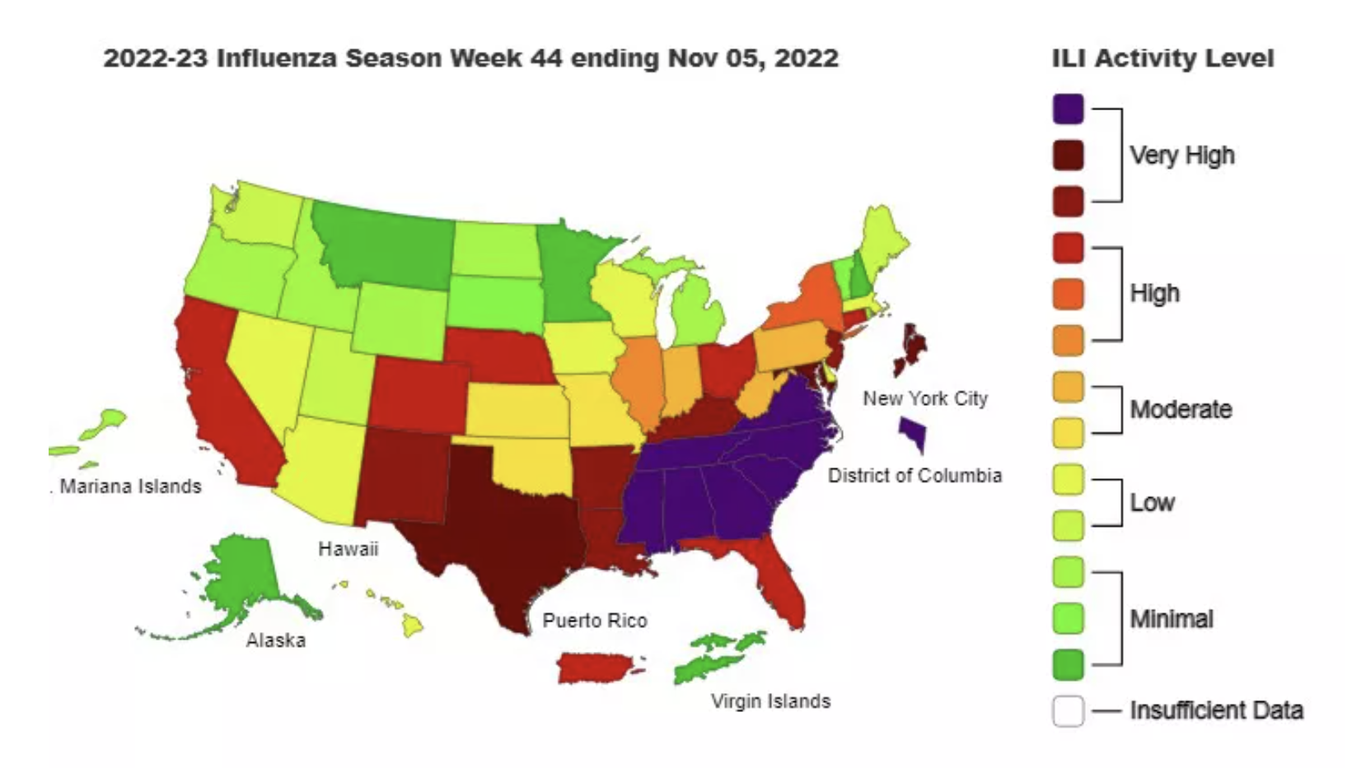
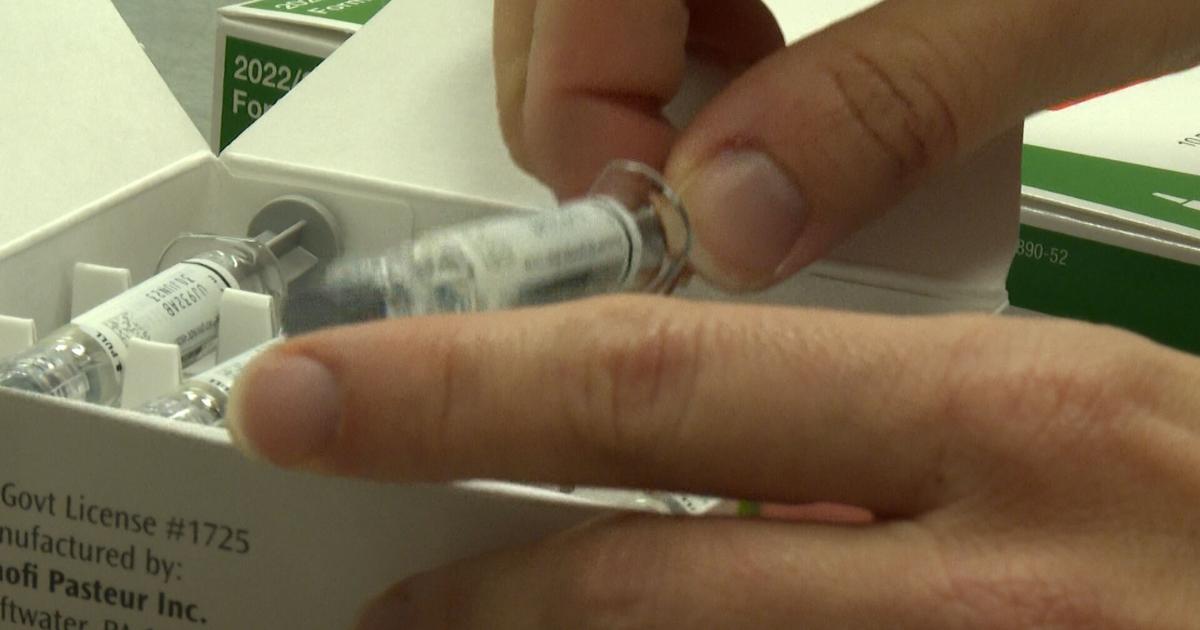
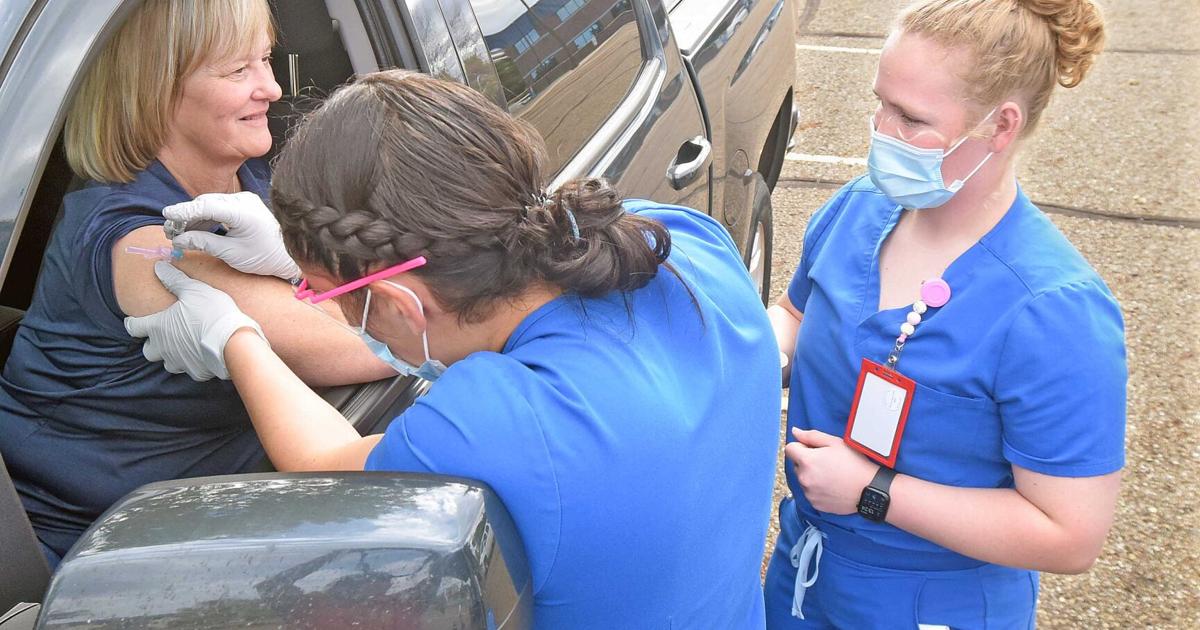


:max_bytes(150000):strip_icc():focal(984x261:986x263)/Lewiston-bowling-alley-050324-2-8e295ad253674669b35f288e148929bc.jpg)
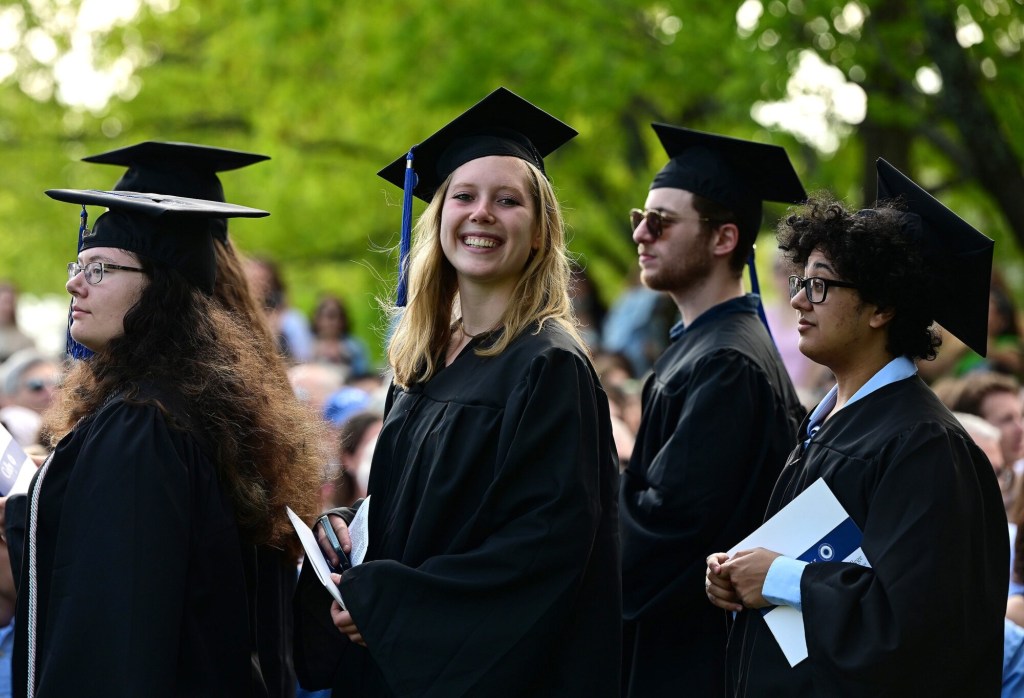





















Invalid username/password.
Please check your email to confirm and complete your registration.
Use the form below to reset your password. When you’ve submitted your account email, we will send an email with a reset code.